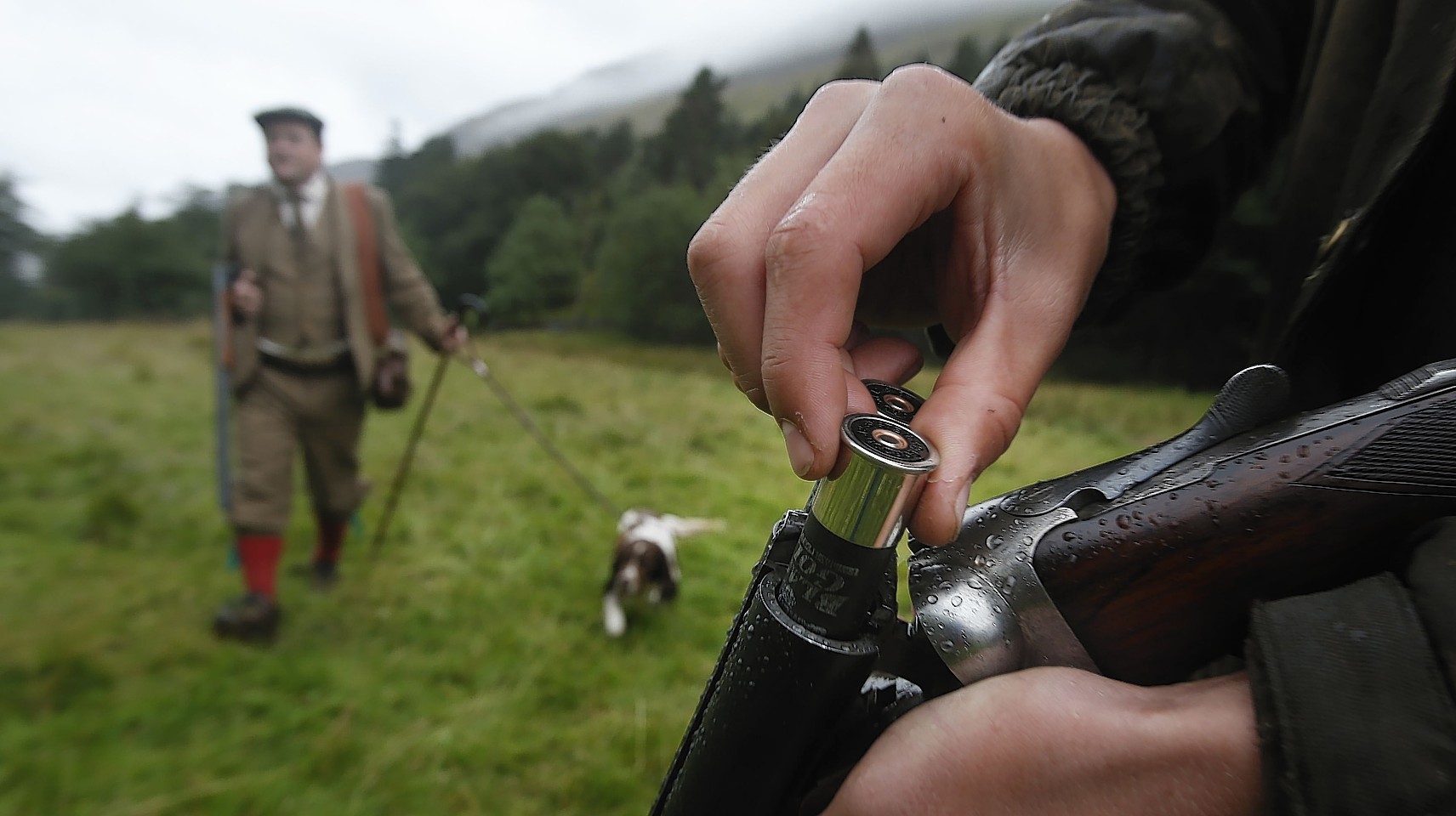A union leader has warned that a multimillion-pound tax on shooting would hurt the “poorest and smallest” rural businesses across Scotland.
Opponents of the move pleaded with MSPs yesterday to reconsider a planned levy on estates, which they fear would risk thousands of jobs and damage the economy.
Rupert Shaw, from the National Farmers’ Union Scotland, said the bill carried “huge risks for livelihoods that are already under pressure”.
The Scottish Parliament is currently considering legislation which would reintroduce business rates for shooting and deer stalking properties and raise about £4million.
But critics said the move would damage livelihoods in rural areas.
Mr Shaw said: “This has the potential for unforeseen circumstances which may of course by the nature of holdings impact the poorest in the most remote areas of Scotland.
“It may impact some of our smallest and poorest farms. I’m sure it is not the intent of the bill but it is an additional tax burden.”
Richard Cooke, chairman of the Association of Deer Management Groups, joined Mr Shaw in raising concerns about the impact the additional tax would have on employment.
“This proposal is likely to attack the main cost involved (in running shooting operations), which is employment. It would have real implications for employment.”
Mr Cooke also said the loss of staff could also pose a “real risk” to conservation in rural Scotland.
But committee member Michael Russell suggested there was no hard proof that employment would suffer if shooting estates were added to the valuation roll.
He said: “It might seem that what we have heard here is people who own lots of land, but don’t make any money from it, saying to the government ‘if you dare to tax us in the way you would tax other businesses, we will lay off staff’.”
The Land Reform (Scotland) Bill was introduced to the Scottish Parliament earlier this year and is now being assessed by the rural affairs, climate change and environment committee.
Shooting estates were exempted from business rates in 1995, but the new bill intends to reinstate them to the valuation roll.
